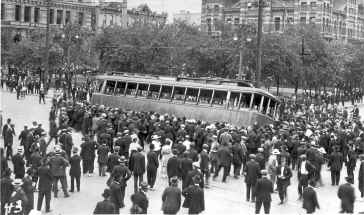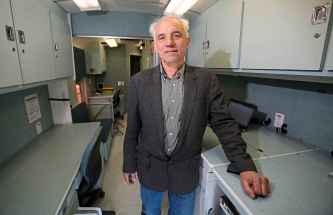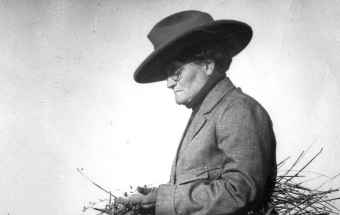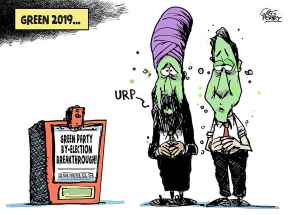Ice for the pain Former Winnipegger finds salvation on skates with a stick in her hand years after a rapist shattered her life
Read this article for free:
or
Already have an account? Log in here »
To continue reading, please subscribe:
Monthly Digital Subscription
$0 for the first 4 weeks*
- Enjoy unlimited reading on winnipegfreepress.com
- Read the E-Edition, our digital replica newspaper
- Access News Break, our award-winning app
- Play interactive puzzles
*No charge for 4 weeks then price increases to the regular rate of $19.00 plus GST every four weeks. Offer available to new and qualified returning subscribers only. Cancel any time.
Monthly Digital Subscription
$4.75/week*
- Enjoy unlimited reading on winnipegfreepress.com
- Read the E-Edition, our digital replica newspaper
- Access News Break, our award-winning app
- Play interactive puzzles
*Billed as $19 plus GST every four weeks. Cancel any time.
To continue reading, please subscribe:
Add Free Press access to your Brandon Sun subscription for only an additional
$1 for the first 4 weeks*
*Your next subscription payment will increase by $1.00 and you will be charged $16.99 plus GST for four weeks. After four weeks, your payment will increase to $23.99 plus GST every four weeks.
Read unlimited articles for free today:
or
Already have an account? Log in here »
Hey there, time traveller!
This article was published 10/05/2019 (2407 days ago), so information in it may no longer be current.
Karyn Freedman remembers the first time her skates hit the ice. The sound. The air on her face. The adrenaline rush.
It was exhilarating. And it was exactly what the newest member of a local women’s hockey league needed. Those one-hour sessions would prove to be the best therapy imaginable, a way to cope with a trauma she’d been struggling with for years.
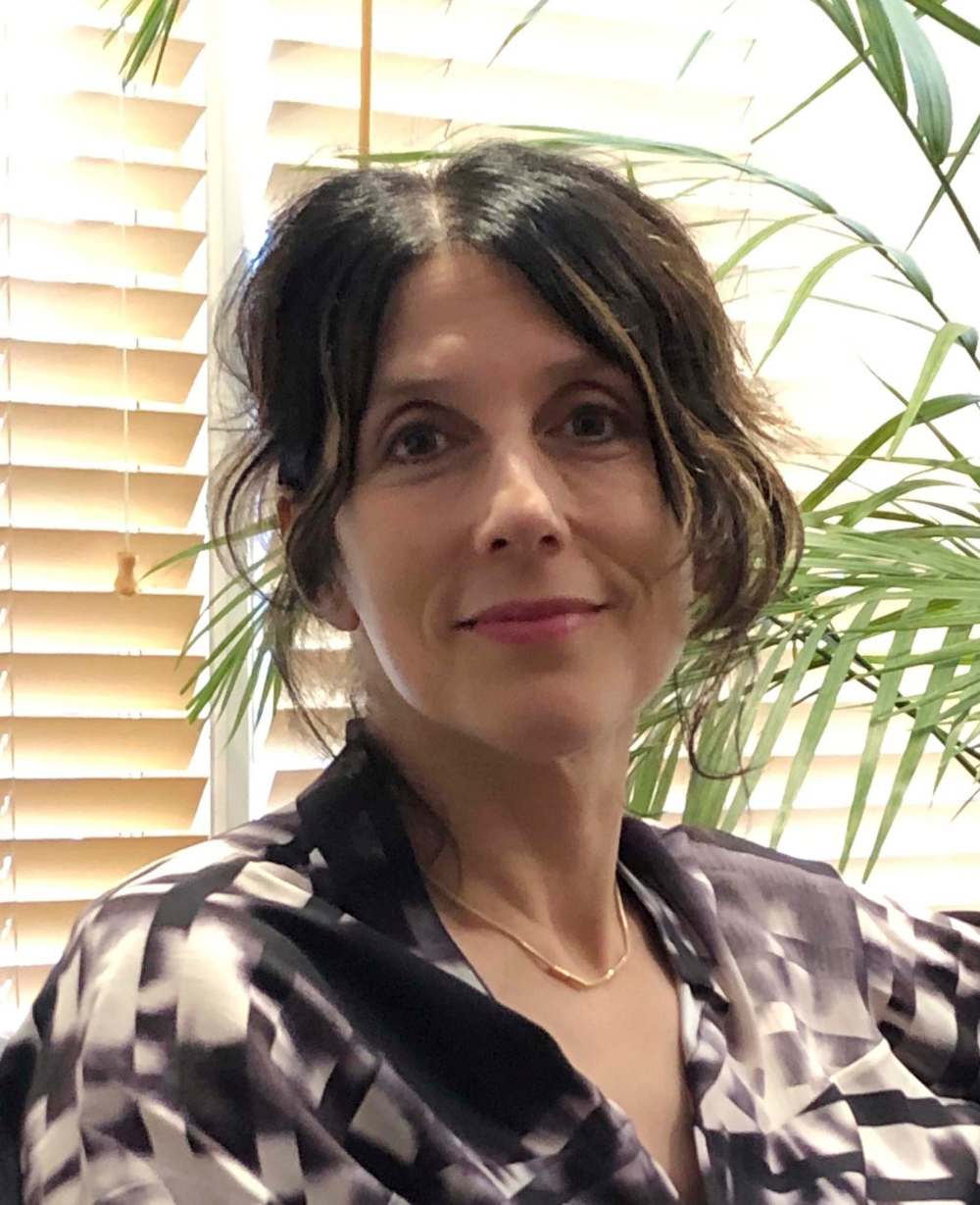
“The sense of community on the ice is extraordinary. It’s not about winning at all. People are competitive, no doubt. But really it’s leaving everything else behind, getting to the rink and it just being about hockey,” Freedman told the Free Press.
The born-and-raised Winnipegger didn’t lace up the blades until her mid-30s, now living in Ontario where she currently works at the University of Guelph as a philosophy professor.
That was 2005, at the age of 37. Fourteen years later, she plays as much as three times a week
“It brings communities together in ways that we almost can’t imagine. I think that’s probably sports, in general,” said Freedman.
The room fills up and gets louder, everybody happy to be there and looking forward to the game. Already I am feeling better, and by the time I take my first warm-up lap around the rink, the distractions of the day have all but disappeared. I am gliding effortlessly through a refreshing, cool breeze, and as I round the corners all I can hear is the glorious grinding sound of my skate blades biting the ice. It’s just about time to play.
— Excerpt from Whatever Gets You Through (April 2019, Greystone Books)
● ● ●
The date is forever etched in her mind. Aug. 1, 1990. Freedman was just 22, on a backpacking trip through Europe while on summer break from the University of Manitoba.
On this night, she found herself in a 10th-floor apartment on Boulevard Masséna in Paris, visiting a friend who had two houseguests staying with him.
At one point, her friend and one of his guests stepped out for a bit, leaving Freedman alone with the other stranger, named Robert. He seemed friendly enough, but that would change quickly when he grabbed a knife, held it to her neck and raped her multiple times.
Her life would never be the same.
I was rendered mute, jammed in a state of sheer terror that later imploded in my body and stayed lodged there for decades. Robert bolted out the building’s main door after I broke free. The police arrived within minutes of my escape, called by a man who had been in the lobby and who had understood, through my uncontrollable sobbing and broken French, that something very bad had just occurred. They asked me a couple of quick questions, and then a number of them took off in search of Robert, while I went with the others to the local police station to give a detailed statement of the crime. By then I had moved from a kind of scattered hysteria to a pulsating shock. I was desperate to call home and experienced a surge of relief when I finally spoke to my parents, who immediately began working with the Canadian Embassy in Paris to get me on the next plane back to Winnipeg.
— Whatever Gets You Through
● ● ●
Eight years in prison. For what he did to her, it would never have seemed like enough.
Freedman had to return to Paris twice, to testify at a preliminary hearing and then the trial, when Robert was ultimately convicted. She also had to deal with an HIV scare after learning her rapist had tested positive. Fortunately, she dodged that bullet.
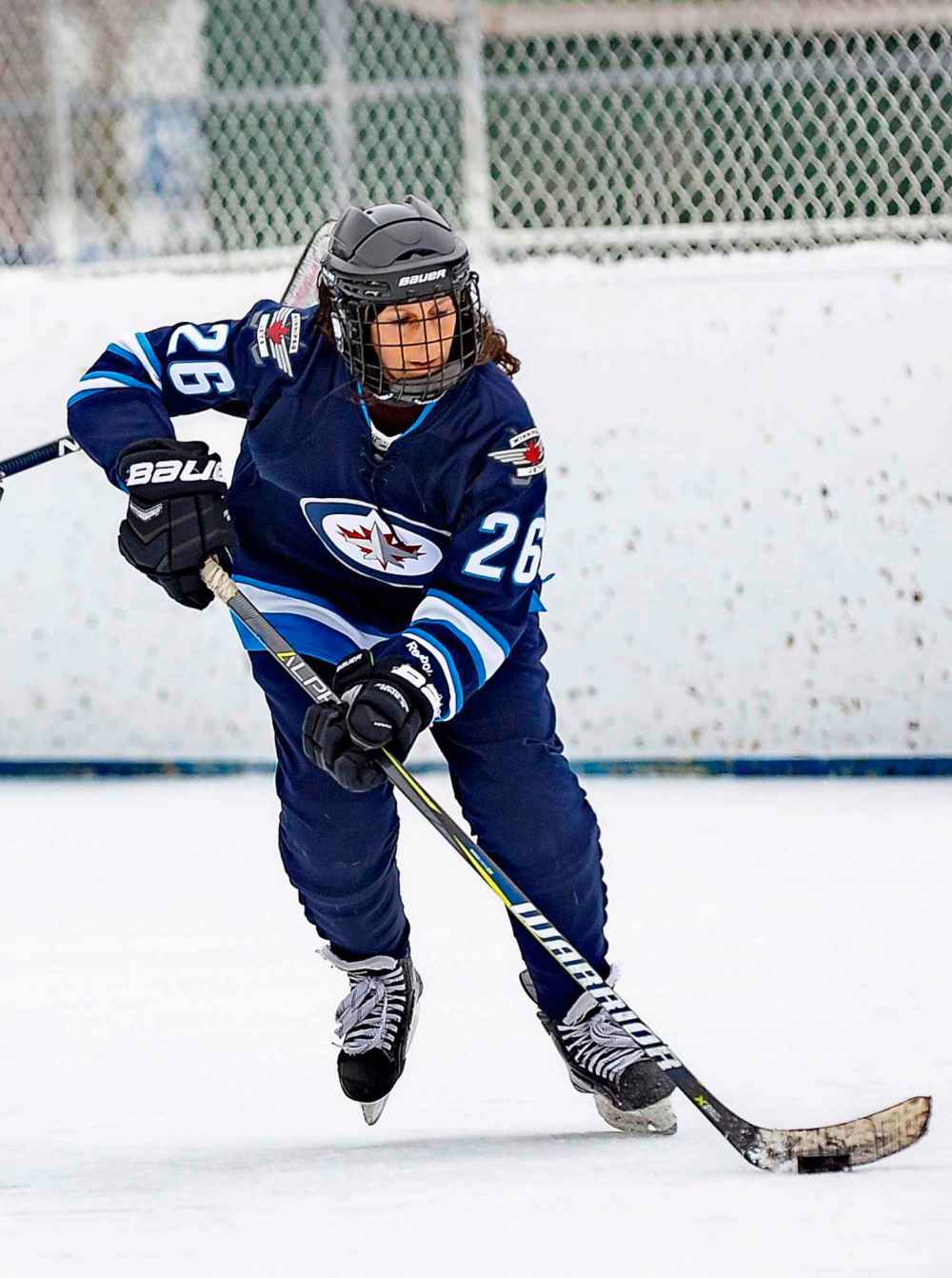
Time really doesn’t heal all wounds, and Freedman struggled for years with what happened, initially telling only those in her inner circle. And as her career took off, she continued to look for ways to cope.
Her professional life may have been soaring, but Freedman said her personal life was in shambles. Sleepless nights, painful flashbacks and fractured relationships became the new normal. Nothing really seemed to be working. Until…
“One day a light bulb went off. It was like, ‘Why the hell aren’t I playing hockey?’” she said.
She had been a casual fan of the game, and even dated a Winnipeg boy while attending Kelvin High School who would go on to play pro hockey, watching many of his minor-league games along the way. But she had never picked up the sport as a participant.
It ended up being one of the best decisions of her life.
“The sense of community on the ice is extraordinary. It’s not about winning at all. People are competitive, no doubt. But really it’s leaving everything else behind, getting to the rink and it just being about hockey”
– Karyn Freedman
“I really don’t think you need to have experienced trauma to really feel that sense of freedom on the ice that I think so many people do. It’s an hour where they’re not focusing on anything else in their life, because you have to focus on the game. It’s a fast sport,” she said.
She’s since shared her story publicly, first in a 2014 memoir titled One Hour in Paris: A True Story of Rape and Recovery and now in the 2019 collection Whatever Gets You Through: Twelve Survivors on Life After Sexual Assault.
Freedman’s chapter, The Quiet Ice, focuses on her love of hockey and her hometown Winnipeg Jets, and how the sport has changed her life for the better. Although, as she discovered a few weeks ago, fandom does come at a cost.
“The final (playoff) game against St. Louis was so painful to watch,” she said. “It really was painful. I really thought they were going to do something this year.”
● ● ●
What drives us to play sports? To watch sports? To cheer for a particular player or team?
These are all questions which Luke Keilback deals with daily, The Winnipeg-based psychologist has his own private practice, Keilback Consulting, which includes a specialty in sport/performance.
He works with athletes of all kinds, from professionals right down to beer-league amateurs, to find ways to bring out their best.
Keilback — the son of former Jets radio broadcast Curt Keilback — said Freedman’s story shows the power sports can have on us, far beyond who won or lost.
“One of the many ways sports is juxtaposed with life is that many times in sports you have to build up your physical strength and get bigger and stronger and faster. One of the other things also sports teaches us is how to become more resilient,” he said.
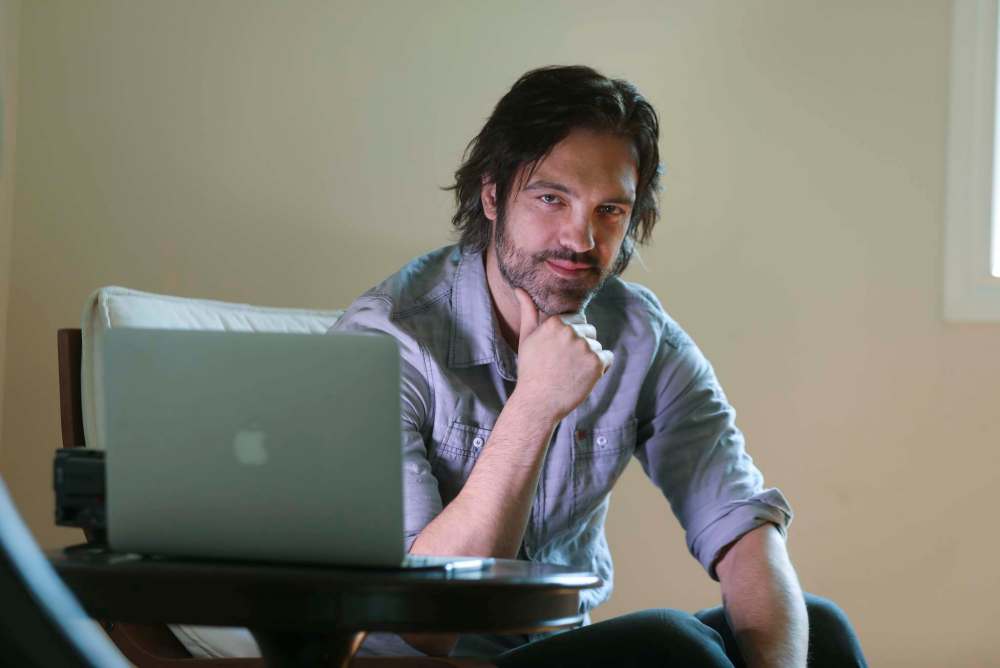
“What have I learned from this? Where am I going from this? It builds resilience, it builds mental strength. We don’t find many people who have a tremendous amount of resilience or mental strength who haven’t been exposed to difficult emotional events in their lives.”
Freedman’s case, of course, would be an extreme example. But also an inspiring one for others. Keilback has dealt with clients in similar situations.
“People come into our office scared of their emotions, scared of failing. When that happens we become paralyzed to act. The world becomes scarier and scarier, and our world becomes smaller and smaller,” he said.
And that is where sport can become a life-changer.
“When you’re on a healthy sports team and there’s connection and support and camaraderie and safety, you can go out and engage in these elevated psychological states and there’s positive associations coming from it,” he said.
“That’s where we learn how to be leaders and build up our own resilience and share it with others. It’s really quite a beautiful thing when it’s on a healthy team.”
● ● ●
There’s a dark side, of course. There always is. And Keilback sees it on a regular basis.
For all the positive aspects of sport — bringing communities together, such as the Whiteout parties, and teaching teamwork and leadership, uniting people in a common cause — there are negatives, as well.
And the rise of social media has brought them to the forefront: divisions and hatred, bringing out the worst in people.
“Often we think of the internet as something that brings people together,” he said. “And, it does, in some ways. But it also, in many other ways, it drives us into our homes and we peck away at screens in order to connect with other people.”
And not all of that connection is healthy. Keilback saw that first-hand this spring as the Jets fell apart down the stretch and were eliminated in the first-round of the playoffs. People were angry. Furious, even. They wanted a pound of flesh. And some of the reactions, especially on platforms such as Twitter, became toxic.
“It’s very easy to be a keyboard warrior,” he said.
“When you fail you really have two choices. To define yourself as a failure and give up and stop participating. And the other one is to look to see what this failure has taught you and really embrace it”
– Luke Keilback Winnipeg-based psychologist
Slightly negative views can become “far more negative when they’re surrounded by peers that have similar viewpoints,” resulting in a dangerous echo chamber which can quickly turn ugly.
“You can see really disgusting things written, and people hit the like button or these things get retweeted. So they get this dopamine hit or this validation,” he said.
The same can go for athletes who struggle when things don’t go well, which is where professionals who do what he does have their work cut out for them. A bad day or a bad game or two can spiral out of control, if not handled properly
“When you fail you really have two choices,” he said. “To define yourself as a failure and give up and stop participating. And the other one is to look to see what this failure has taught you and really embrace it.
“A massive amount is mental. And it’s not looked at as carefully as it should be.”
● ● ●
At the end of the day, the benefits far outweigh the drawbacks. And Freedman’s case is proof of that.
“There’s really great things about being members of a community with a common goal and common values,” said Keilback.
He believes sport ultimately helps us all become better all-around people, regardless of a person’s motivation to play.
“I do notice, absolutely 100 per cent, those that have played team sports wind up being better employees and better leaders and better managers and are able to accept feedback and also able to set goals and achieve them,” he said.
“All of those things are teaching us more resilient, to chase after a goal, to do the difficult thing. Sometimes you win, and sometimes you lose. When you fail you learn from it; you learn how to lose, you learn to get up off the mat and keep going.”
● ● ●
I am sitting on the bench, breathing heavily after my last shift, my face red-hot with effort, watching the play as it goes up and down the ice, and anticipating the moment when I get to jump back into the game. Fortunately, we have a short bench tonight, so I know it won’t be long. The time comes, and once again I am free. My body moves in sync with the game, and for the time being, there is nothing else in the world I care about.
— Whatever Gets You Through
mike.mcintyre@freepress.mb.ca
Twitter: @mikemcintyrewpg

Mike McIntyre grew up wanting to be a professional wrestler. But when that dream fizzled, he put all his brawn into becoming a professional writer.
Our newsroom depends on a growing audience of readers to power our journalism. If you are not a paid reader, please consider becoming a subscriber.
Our newsroom depends on its audience of readers to power our journalism. Thank you for your support.

